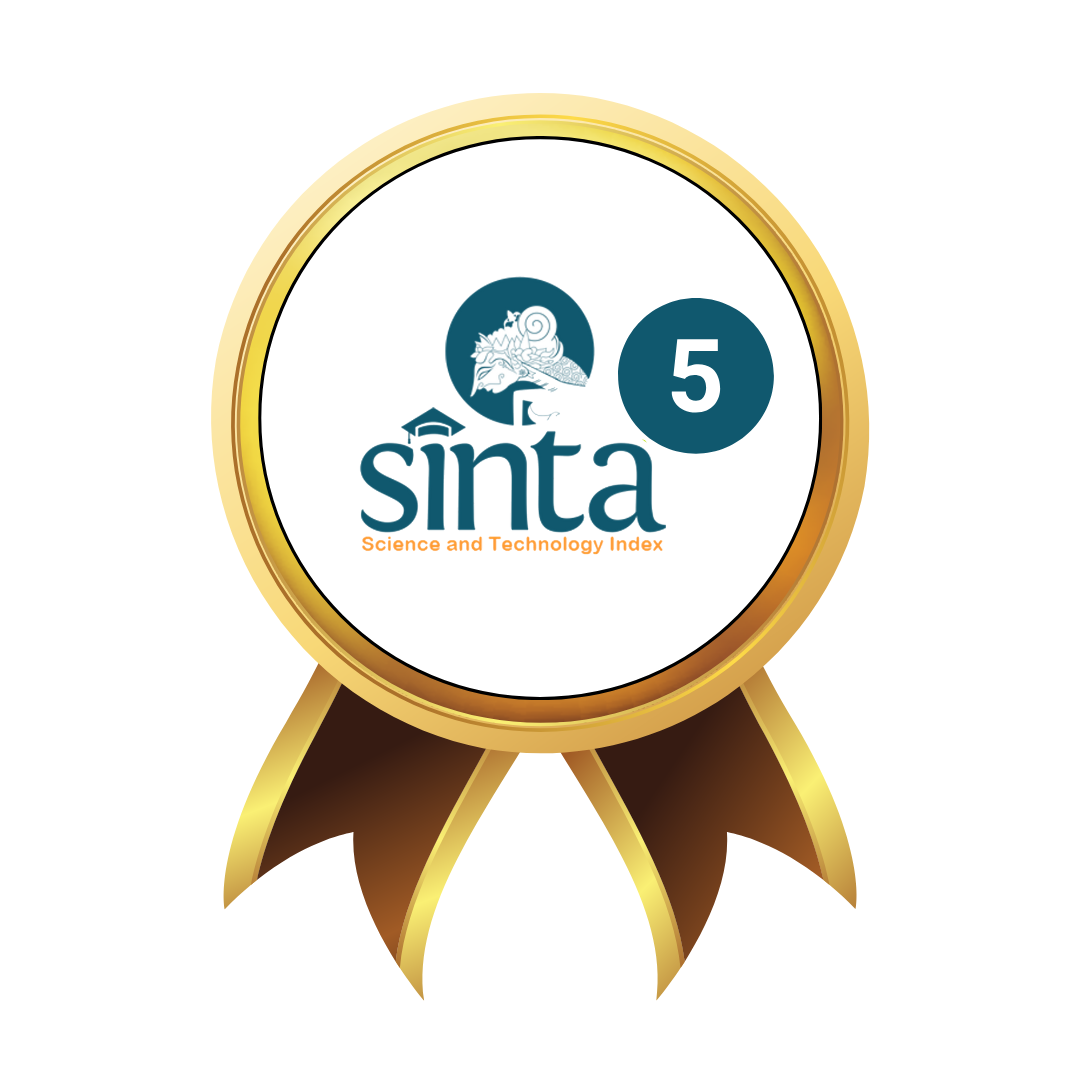Program Pendidikan Vokasional Untuk Pengelolaan Sumber Daya Alam Di Wilayah Hadimulyo Timur
DOI:
https://doi.org/10.25217/wisanggeni.v2i2.6515Keywords:
agribusiness development, cassava processing, rural community empowerment, value-added products, vocational education.Abstract
Abstract
This community service program was implemented in Hadimulyo Timur, a region characterized by underutilized household yards with significant potential for agricultural productivity. The main problem addressed was the limited use of these yards and the low value added to harvested products, affecting local economic resilience. The program aimed to empower the community by enhancing practical skills in yard management and post-harvest processing to increase economic benefits and food security. The theoretical framework was based on community-based vocational education and participatory action research (PAR), emphasizing active community involvement and skill acquisition tailored to local resources. The method involved participatory planning, training on sustainable yard cultivation techniques, product processing workshops, and ongoing field assistance. Results indicated improved yard utilization, formation of farmer groups, and development of value-added products such as herbal teas and snacks. These changes contributed to increased household income, strengthened social cohesion, and heightened awareness of sustainable resource management. The findings suggest that community-based vocational training supported by participatory approaches effectively fosters both economic empowerment and environmental stewardship in rural settings.
Keywords: Vocational Education Program, Natural Resource Management
References
Amin, Muhamad Nasikhun. 2014. Sukses Bertani Buncis: Sayuran Obat Kaya Manfaat. Garudhawaca.
H Hermanto Suaib, M M. 2017. Suku Moi: Nilai-Nilai Kearifan Lokal Dan Modal Sosial Dalam Pemberdayaan Masyarakat. An1mage.
Kahar, Abdul. 2021. Merdeka Belajar Bagi Pendidikan Nonformal: Teori, Praktik, Dan Penilaian Portofolio. Indonesia Emas Group.
Mithen, Mithen, and Anas Arfandi. 2020. “Pembelajaran Lingkungan Hidup Yang Inovatif.” Preprint, Gunadarma Ilmu.
Romadi, Ugik, and Andi Warnaen. 2021. Sistem Penyuluhan Pertanian “Suatu Pendekatan Penyuluhan Pertanian Berbasis Modal Sosial Pada Masyarakat Suku Tengger.” Vol. 1. Tohar media.
Rosia, Rina, Amalia Amalia, Atik Syarifah, Laili Rahmawati, Nur Syariah, and Zakiyyatul Miskiyah. 2021. “Pengelolaan Sumber Daya Alam Untuk Menciptakan Human Welfare (Perspektif Ekonomi Islam).” Al Hisab: Jurnal Ekonomi Syariah 1 (2): 12–26.
Siswaya, Suranto S. 2020. Konsep Pendidikan Berbasis Life Skill (Pentingnya Life Skill & Pendidikan Vokasi). Alprin.
Sopanah, S E, Ak CA, Syamsul Bahri, Mohammad Ghozali, and M A SH. 2020. Ekonomi Kreatif Berbasis Kearifan Lokal. Scopindo Media Pustaka.
Subagio, Mofit Saptono. n.d. Ubikayu Di Keteduhan Hutan Mungkinkah Revolusi Agroforestri Untuk Budidaya Ubikayu? Deepublish.
Tika Leoni Putri, Astri Shabrina, Suci Amalia, and Muhammad Sarifudin. 2022. “Peningkatan Keterampilan Petani Dalam Menyusun Rencana Bisnis Usahatani Jagung Di Desa Karang Rejo.” Wisanggeni : Jurnal Pengabdian Masyarakat 1 (2).
Downloads
Published
How to Cite
Issue
Section
License
Copyright (c) 2022 Alif, Aan Budianto, Dinda Salsa Dwi Febriany, Irfan Azhari, Jaenullah

This work is licensed under a Creative Commons Attribution-ShareAlike 4.0 International License.



